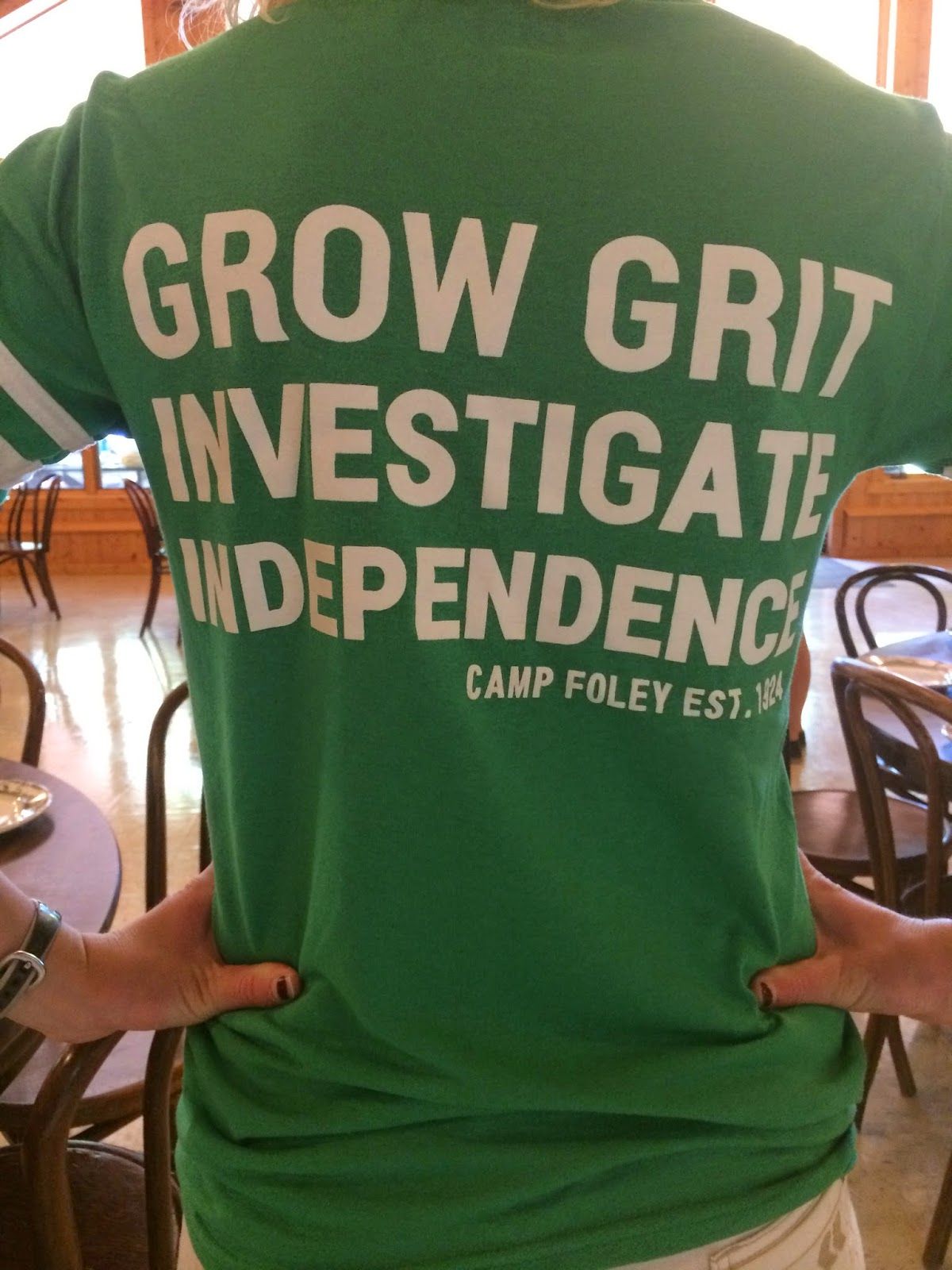In the January edition of Southwest The Magazine (from Southwest Airlines), Heidi Stevens In Criticism of Praise.” The article discusses the effect of too much or insincere praise on a child’s emotional and physical well-being. Do we as parents, educators, and youth developers use praise so much that it can actually cause kids to fear failure and hesitate to go outside their comfort zone? We wanted to take a look at how praise is used at camp and what we can do to encourage kids in healthy, meaningful ways.

writes an article called “
When your child comes to Camp Foley we strive to bring out their best. Sometimes that means gently pushing them to try new things. Or perhaps encouraging them to meet a new friend. And often it means supporting them when they have a bad day by not saying “you did great” (even when they didn’t) but by coaching them in how to succeed next time instead. By giving honest (yet gentle) feedback to kids, we are able to allow growth that is unique to each camper. Likewise, it means we must constantly be evaluating our program to ensure our campers get the most out of camp.
In the article, Stevens tells us, “As with most pursuits among modern children, their performance is immaterial. How they feel about their performance, however, is paramount.” In order to increase positive results, we, as youth developers, must first make sure that the child feels safe. At Foley, this is always our primary concern. Performance is not just athleticism, but intellectual, artistic ability, social performance, etc. So what happens when a kid feels like they are no good? Can we turn failure into motivation?
Failures or setbacks are just stepping stones to greatness. Instead of praising children with words like “ You did an awesome job, you’ll get it next time,” we encourage our campers to recognize may be something they are missing or let them know that it’s OK to make mistakes. Mistakes are a great way to learn. Unnecessary praise can cause a child to protect what they are good at. This could cause them to possibly stay away from challenging activities that would create a ripple on their reputation. If they stop taking these risks and challenges it could eventually cause their intellectual and emotional growth to slow.

When you think of failure as an invitation it seems less scary. It is an invitation to learn from and overcome defeat. To accomplish something eventually even if it isn’t right away. According to child psychologist Kristen Race, “Calibrating the frequency and style of our praise is one of the most important shifts parents and youth developers can make.” Now, we are not saying we never praise our campers. In fact, Foley directors and counselors love to give all kinds of praise and recognition. We love to praise our campers when they work hard, play hard, achieve success, and overcome failures.
Foley does a week and half of intense training with our counselors to ensure they are prepared to help partner with you, as a parent, to help your child achieve success while at Foley and likewise to take those skills away from camp and use them for the rest of their lives. They learn through reading, tutorials, workshops, professional experience, as well as their own experience and knowledge. This allows your child to get the right kind of praise they need and deserve to help them grow.
So, as we look to another summer, we vow to continue to remember that kids will fail, they will stumble, and their pride may be hurt. But the opportunity to help them stand back up, try again, and feel pride when they do succeed is what motivates us to create the very best program we can for your kids.

